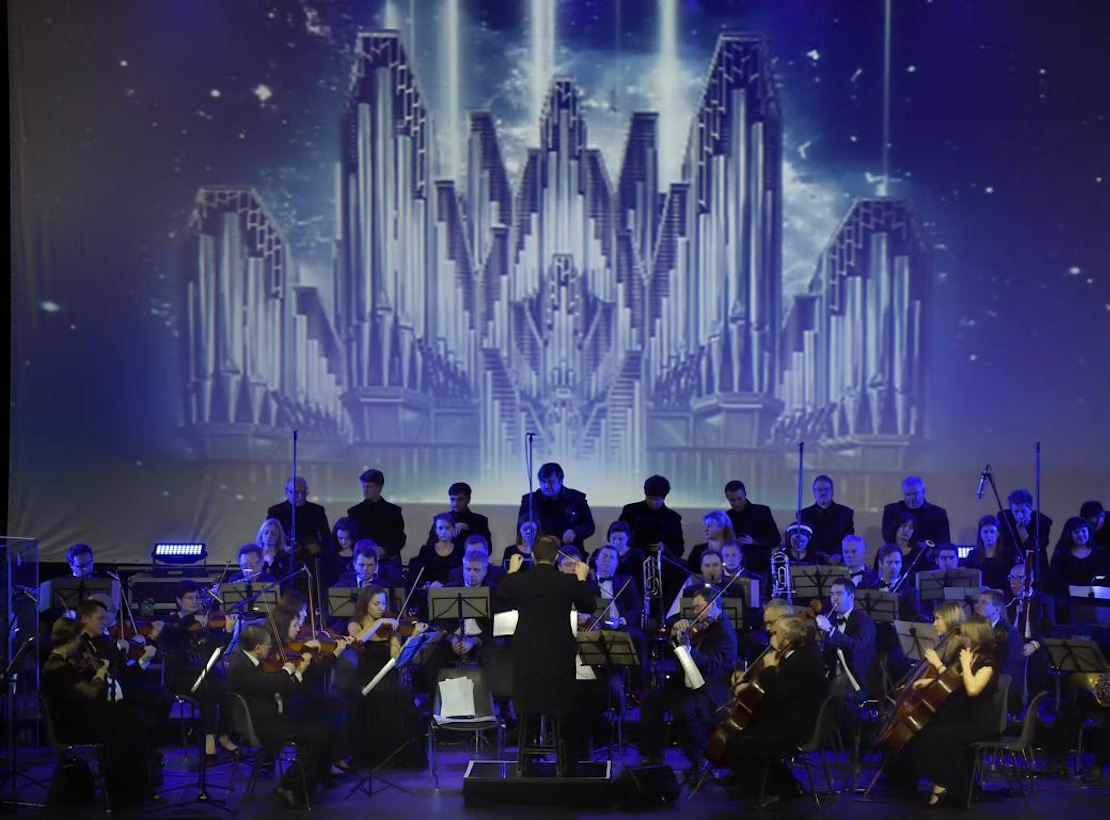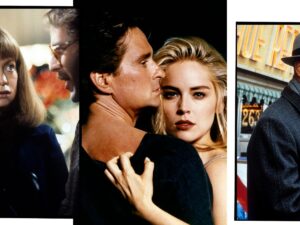
Hans Zimmer is one of the most prolific and influential composers in modern cinema. With a career spanning several decades, Zimmer’s work has redefined film music, blending classical orchestration with electronic elements to create unforgettable soundscapes. His scores not only enhance the narrative of films but also become iconic pieces in their own right. Here’s a look at some of the most notable movies composed by Hans Zimmer.
1. The Lion King (1994)
One of Zimmer’s early masterpieces, The Lion King, won him an Academy Award for Best Original Score. The music in this Disney classic captures the majestic essence of the African savanna, combining traditional African musical elements with Zimmer’s powerful orchestral arrangements. The soundtrack includes iconic songs like “Circle of Life” and “Hakuna Matata,” co-composed with Elton John.
2. Gladiator (2000)
Gladiator is a quintessential example of Zimmer’s ability to enhance epic narratives with his music. The score for Ridley Scott’s Roman epic is both haunting and heroic, featuring the mesmerizing vocals of Lisa Gerrard. Tracks like “Now We Are Free” and “The Battle” are central to the film’s emotional depth and grandeur.
3. Inception (2010)
Christopher Nolan’s mind-bending thriller Inception features one of Zimmer’s most innovative scores. The use of the BRAAAM sound, a deep, resonant brass note, became a signature element of modern trailers. Zimmer’s score, with its complex layers and use of time-manipulating motifs, perfectly complements the film’s intricate narrative structure. The track “Time” is particularly notable for its emotional impact.
4. The Dark Knight Trilogy (2005-2012)
Zimmer collaborated with James Newton Howard to create the music for Nolan’s Batman trilogy, consisting of Batman Begins, The Dark Knight, and The Dark Knight Rises. The score is dark, brooding, and intense, reflecting the complex nature of the titular character. Zimmer’s work on The Dark Knight introduced the memorable Joker theme, “Why So Serious?”, characterized by its eerie, distorted strings.
5. Interstellar (2014)
For Interstellar, Zimmer crafted a score that is both grand and intimate, mirroring the film’s exploration of space and human emotion. Using a church organ as a primary instrument, Zimmer created a unique auditory experience that underscores the film’s themes of love, time, and survival. Tracks like “Stay” and “Mountains” are highlights of this emotionally charged score.
6. Pirates of the Caribbean Series (2003-2017)
Zimmer’s work on the Pirates of the Caribbean series, particularly from Dead Man’s Chest onward, brought a swashbuckling energy to the high-seas adventures. The main theme, “He’s a Pirate,” is instantly recognizable, combining adventurous motifs with Zimmer’s signature bombast. The music captures the spirit of adventure and the larger-than-life characters of the franchise.
7. Man of Steel (2013)
Reinventing the sound of Superman for Zack Snyder’s Man of Steel, Zimmer created a score that is both powerful and poignant. Moving away from John Williams’ iconic theme, Zimmer introduced a new, emotionally driven motif for the character. The track “Flight” encapsulates the heroism and hope associated with Superman.
8. Dunkirk (2017)
For the war film Dunkirk, Zimmer utilized a minimalist approach, employing a ticking clock motif to enhance the tension and urgency of the narrative. The score’s relentless pace and use of Shepard tones create an immersive and almost claustrophobic experience, perfectly aligning with the film’s intense atmosphere.
9. Dune (2021)
In Denis Villeneuve’s adaptation of Dune, Zimmer’s score is otherworldly, using unconventional instruments and sounds to evoke the alien landscapes and cultures of the story. The music is both epic and ethereal, enhancing the film’s vast and intricate universe. The track “Paul’s Dream” is a standout, encapsulating the mystical and epic nature of the film.
10. Blade Runner 2049 (2017)
Zimmer, along with Benjamin Wallfisch, created the score for Blade Runner 2049, a sequel to the iconic 1982 film. The music maintains the atmospheric and electronic essence of the original while introducing new themes that reflect the film’s futuristic and dystopian vision. The score is both haunting and beautiful, complementing the film’s stunning visuals.
Conclusion
Hans Zimmer’s contributions to film music are immeasurable, with a career that continues to evolve and inspire. His ability to craft scores that enhance the emotional and narrative depth of films makes him a true maestro of the modern age. Each of his compositions is a testament to his talent and a gift to the art of cinema.





